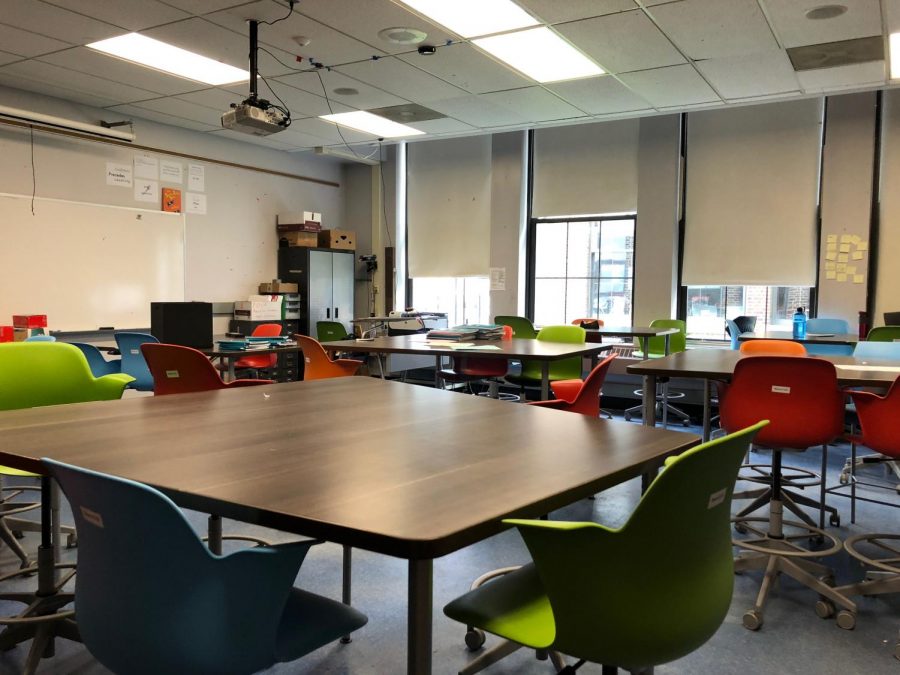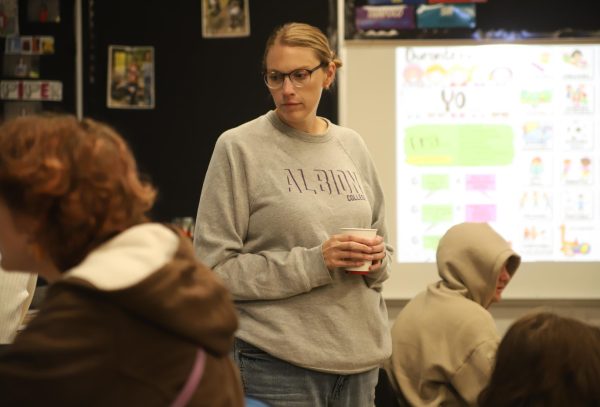High school procrastination
After surveying over 100 CHS students on procrastinating, the results were as expected. The vast majority mentioned that they procrastinate, and 63.7 percent responded that they cram for a test in one night, rather than dividing up their studying, once they become notified of an upcoming test. The survey also reports that if students are assigned a project due in two weeks, 51.3 percent do not begin their project until the second week.
“[Procrastinators are] just scrambling, and the project won’t be as good,” CHS teacher Courtney Kiley said. “Your brain does not have enough time to think about [the material] and the mistakes you have made, to process all the information.”
The survey of CHS students shows many different ways students multitask. The majority of students are either listening to music, watching T.V., on social media or checking phone notifications. Some of these distractions are caused by the increase of technology, and resisting this urge is challenging, as reported by CHS students. Even Kiley will check herself scrolling through social media while trying to grade work.
“[During my homework] I watch Netflix,” CHS sophomore Nikolai Tang said. “I’ll have The Office playing on the side, and I’m also am on Snapchat.”
According to the American Psychological Association, “Between 80 and 95 percent of college students procrastinate on their schoolwork.” Procrastination is also extremely relevant with working adults. Workplace and student procrastination is consistently an issue, and 20 percent of individuals actually label themselves as procrastinators.
HIgh school procrastination can develop while students are in school and may stick with them until they become adults. Students feeling that the task is not important or relevant to them is the primary reason for procrastination. Not comprehending the material is another critical reason why students procrastinate.
No matter the reason, a staggering number of negative effects come with procrastinating. Procrastinating may affect a student’s grades, or, more importantly, their overall health. It has been found to lead to severe depression or serious anxiety and stress issues.
Procrastination is not only counterproductive for students, but also to the teachers. Teachers assign projects, and decide how much time they will allow for it to be done; hoping that the students will apportion their time correctly, so that they will not have to worry about doing last-minute work. When students procrastinate, it discourages teachers from offering that much time for future assignments.
According to Common Sense Media, “Half of teens often watch T.V. or use social media while doing homework, and 60% of teens answer texts while doing homework.” Many of these students do not realize or comprehend that multitasking is impacting their learning. Multitasking takes focus away from learning and can results in lower grades. If multitasking begins to become more apparent, performance can drop at a greater rate.
There are many different ways to study when preparing for a test. Repetition is important to really understand the material, and in order to grasp it, students should start preparing as early as possible to limit cramming. Over the period of time before a test, students should review notes, use flashcards for repetition, and simply talk to another person and try to explain the topics. All of these processes will help limit mental distraction and increase preparedness.










